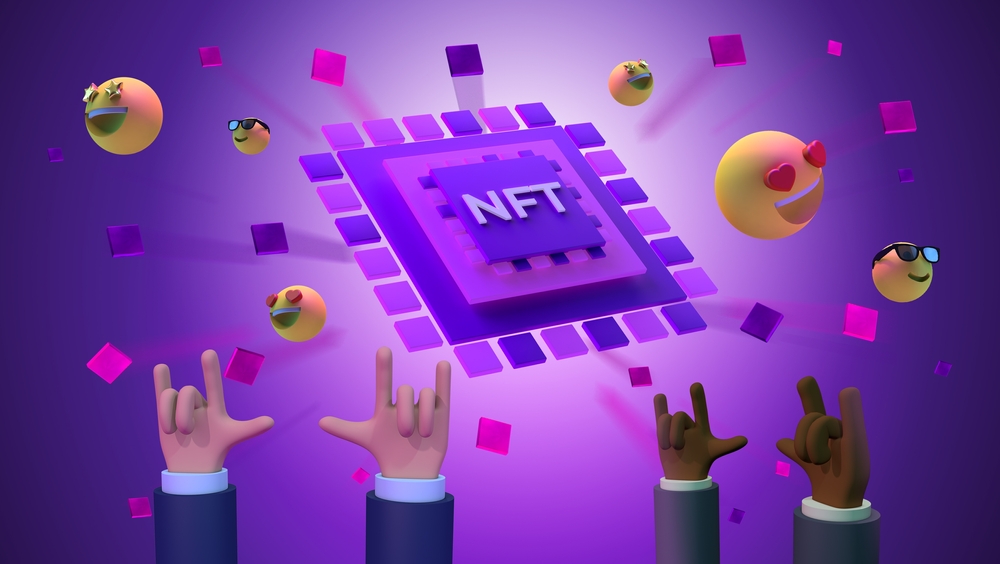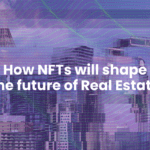
Real Estate NFTs & Tokenization
As cryptocurrency has exploded into the mainstream, luxury real estate has felt the effects, with developers looking to grab headlines by listing properties for Bitcoin and other digital currencies, and buyers looking to convert some of their valuable digital assets into real property. In recent months, real estate’s cryptocraze has reached its inevitable next phase: The race to figure out how to buy and sell homes via non-fungible tokens, commonly known as NFTs.
NFTs are unique digital tokens (purchased with cryptocurrency) that securely confer sole ownership of a digital asset via the blockchain, where ownership can then be publicly tracked and easily sold. NFTs are most commonly used to buy and sell digital assets—such as digital art or music—but can also be used to trade ownership rights to physical objects, so long as the object’s title or ownership contract is somehow tied to the NFT. This holds true for real estate as well, and crypto enthusiasts are eagerly eyeing the possibility of trading deeds and property titles at the touch of a button.
Unlike other forms of investment, the world of real estate is actually one of the least liquid asset classes in the world. The process of buying or selling a piece of property is complicated, often requiring brokers or lawyers and involving considerable time lags between decisions and actual transactions. Moreover, the real estate sector lacks decentralization and a proper mechanism to verify each transaction automatically.
NFTs are nothing more than unique digital titles (tokens) to property, either realor virtual, that are stored on a blockchain ledger. Theoretically, this reduces the risk of harm due to fraud and improves the ability of an owner to prove that they do, in fact, own a thing. But, when it comes to real estate, it’s a lot more complex.
There are two types of tokenization involved in real estate: entire asset (EA) and fractional ownership (FO). FO tokenization is fairly simple. It’s similar to a crowdfunding platform or other similar structure that allows investors to buy shares. Each fractional owner holds a number of tokens that represent shares in the project, depending on how the investment is structured. FO tokenization is already being used in limited cases in the real estate industry.
EA tokenization, on the other hand, cannot work unless the actual property deed is turned into an NFT. This is still incredibly difficult to accomplish due to the regulatory environment surrounding real estate investments, although steps continue to be taken to move the ball down the field. Ultimately, there has to be a new asset class created for an EA token to exist for a real estate deed.
The real-estate market badly needs new approaches and interventions. Attracting more people to the market, including international individual investors and everyone else who is currently prohibited from making such investments directly, would result in lower prices, more transactions, and greater overall efficiency. Here is what tokenization offers:
- More liquid market with less bureaucracy, minimal transaction costs, and almost zero market friction.
- More efficient rights management thanks to smart contracts that contain hashed data of each property, including information about repairs, previous owners, and amenities.
- Opening up global markets and adding even more liquidity by offering new opportunities for international investors to purchase real estate shares overseas, bypassing regulatory restrictions.
- New forms of funding for private home buyers. NFTs allow home buyers to raise funds for an apartment they want to buy by issuing fractional tokens and selling shares in the apartment. The token holders will be co-investors and can collect fractional rent according to the number of shares they bought.
Tokenization is the natural next step in real estate sales and financing evolution. Tokenization will make possible the sale of different fractions of ownership and mortgage loan participation. Today, we can trade digital tokens faster and more efficiently than any other financial asset. Real estate tokenization will complement the overall market by offering a flexible and convenient way to transact with otherwise illiquid assets.
Inquiry Form
If you are a Property Developer or Real Estate Investor wishing to learn more about Asset Tokenization, please fill out the form below.











